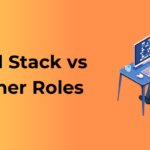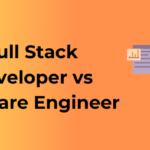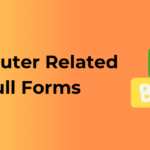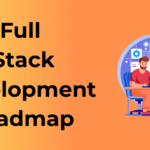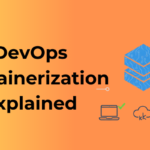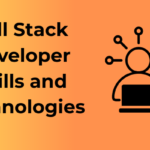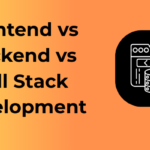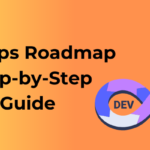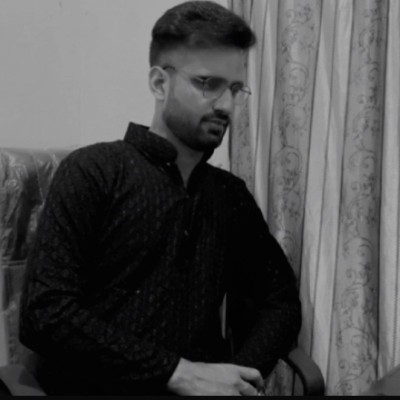Computer literacy has become as fundamental as reading and writing. Recognizing this, a plethora of computer courses have emerged across India, catering to various interests and career paths. From young students just starting out to professionals seeking to upskill, there’s a course for every aspirant.
India boasts a significant number of IT professionals, with the sector growing at an annual rate of 7.7% (NASSCOM report). This growth is reflected in the education sector, with thousands enrolling in computer-related courses each year.
This guide serves as your navigator through the dynamic world of computer courses in India, offering a curated list available for download in PDF format. Whether you’re looking to dive into the basics or specialize in cutting-edge fields like AI or cybersecurity, this list is your starting point.
In the following sections, we’ll explore the spectrum of courses available, dissect eligibility criteria, and even touch on the financial aspects of embarking on this educational journey. Ready to join the ranks of India’s burgeoning tech workforce? Let’s get started.
Download Your PDF Guide
Table of Contents
| 1. Popular Computer Courses After 12th |
|---|
| 2. Computer Courses List After Graduation |
| 3. Post-Graduate Internship Opportunities |
| 4. Common 1-Year Computer Diploma Courses |
| 5. Basic Computer Courses |
| 6. What are my career options in IT after the 12th? |
| 7. Do I need to be good at math to succeed in IT? |
| 8. What skills should I focus on developing for a successful IT career? |
| 9. Is it necessary to have a degree in Computer Science for an IT career? |
| 10. How important are internships and practical experience in IT? |
Popular computer courses that are commonly pursued in India after the 12th standard:
Computer Science Courses
| Course Name | Duration |
|---|---|
| B.Tech in Computer Science or IT | 4 years |
| B.Sc in Computer Science | 3 years |
| Bachelor of Computer Applications (BCA) | 3 years |
| Diploma in Computer Science Engineering | 3 years |
| BE in Computer Engineering | 4 years |
| Advanced Diploma in Computer Programming | 1-2 years |
| Certificate Courses in Web Designing or Graphic Designing | 6 months – 1 year |
| Diploma in Software Engineering | 2-3 years |
| B.Sc in Information Technology (B.Sc IT) | 3 years |
| B.Sc in Animation and Multimedia | 3 years |
Computer Courses List After Graduation:
After graduation, individuals can pursue various postgraduate courses to further specialize in their field or branch out into new areas of study. Here’s a concise list of common postgraduate courses and their typical duration:
| Course Name | Duration |
|---|---|
| Master of Technology (M.Tech) | 2 years |
| Master of Science (M.Sc) in Computer Science | 2 years |
| Master of Computer Applications (MCA) | 2-3 years |
| Postgraduate Diploma in Computer Applications | 1-2 years |
| Master of Science (M.Sc) in Information Technology | 2 years |
| Master of Business Administration (MBA) in Information Technology | 2 years |
| Postgraduate Diploma in Advanced Computing | 1 year |
| Master of Science (M.Sc) in Animation and Multimedia | 2 years |
| Postgraduate Diploma in Computer Networking | 1 years |
These durations are typical and can vary by institution and country. For specific information on courses, including admission requirements and fees, please refer to the respective educational institutions’ official websites or contact their admissions office directly.
Launching Your Career: Post-Graduate Internship Opportunities
Internships are a great way for graduates and postgraduates to gain hands-on experience in their field of study. Here’s a concise list of potential internships that can be pursued:
| Internship Field | Duration |
|---|---|
| Software Development Intern | 3-6 months |
| Web Development Intern | 3-6 months |
| Data Analysis Intern | 3-6 months |
| Digital Marketing Intern | 3-6 months |
| IT Support Intern | 3-6 months |
| Network Engineering Intern | 3-6 months |
| Cybersecurity Intern | 3-6 months |
| Machine Learning Intern | 3-6 months |
| Graphic Design Intern | 3-6 months |
| UI/UX Design Intern | 3-6 months |
The duration of internships can vary based on the company and the specific program. Always check with the offering organization for the most accurate details regarding the duration and other requirements.
Common 1-year computer diploma courses available in India, along with their durations:
| Course Name | Duration |
|---|---|
| Postgraduate Diploma in Computer Applications (PGDCA) | 1 year |
| Diploma in Computer Programming | 1 year |
| Advanced Diploma in Computer Graphics | 1 year |
| Diploma in Web Designing | 1 year |
| Diploma in Computerized Accounting | 1 year |
| Advanced Diploma in Software Engineering | 1 year |
| Diploma in Hardware and Networking | 1 year |
| Diploma in Information Technology | 1 year |
| Diploma in Computer Engineering | 1 year |
Basic computer courses:
Basic computer courses generally include programs designed to provide foundational skills for using computers effectively. Here’s a list of typical basic computer courses:
- Computer Fundamentals: Understanding the basics of computer operations.
- MS Office Applications: Learning Microsoft Word, Excel, PowerPoint, and Outlook.
- Internet Basics: Exploring web browsing, email communications, and internet safety.
- Basic Programming Concepts: Introduction to programming logic and languages.
- Graphic Designing Basics: Getting started with graphic design and editing tools.
- Database Management Basics: Introduction to database concepts and simple SQL queries.
- Operating Systems: Learning the fundamentals of operating systems like Windows or Linux.
- Social Media Literacy: Understanding and using social media platforms effectively.
- Hardware Basics: Basic knowledge of computer hardware components and troubleshooting.
- Cybersecurity Fundamentals: Learning about protecting information and data privacy.

FAQ
1. What are my career options in IT after the 12th?
After 12th, you can pursue degrees like B.Tech in IT, BCA, or B.Sc in Computer Science. Career options include software development, web design, network administration, and more.
2. Do I need to be good at math to succeed in IT?
While a basic understanding of math is helpful, especially in areas like algorithms and data analysis, many IT roles focus more on logical thinking and problem-solving skills.
3. What skills should I focus on developing for a successful IT career?
Focus on learning programming languages, understanding database management, and developing problem-solving skills. Soft skills like communication and teamwork are also valuable.
4. Is it necessary to have a degree in Computer Science for an IT career?
A degree in Computer Science or related fields is often preferred, but not always mandatory. Practical experience, certifications, and a strong portfolio can also pave the way.
5. How important are internships and practical experience in IT?
Very important. Internships provide hands-on experience and practical knowledge, making you more attractive to employers and helping you understand the industry better.


